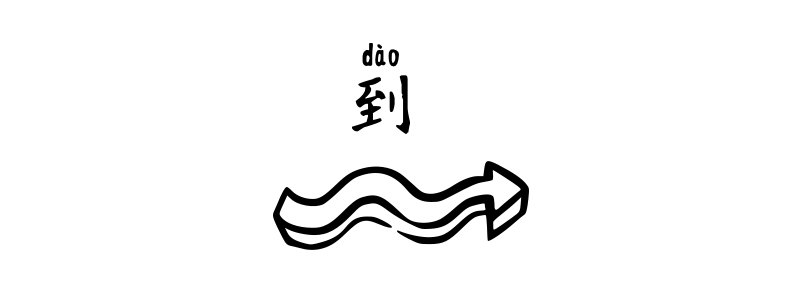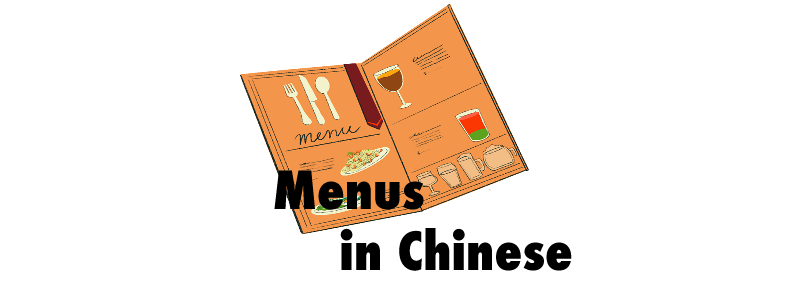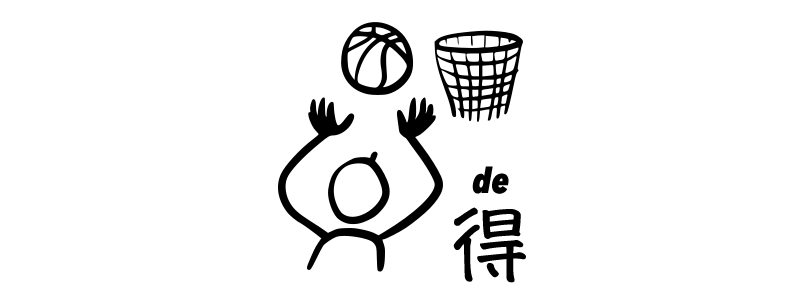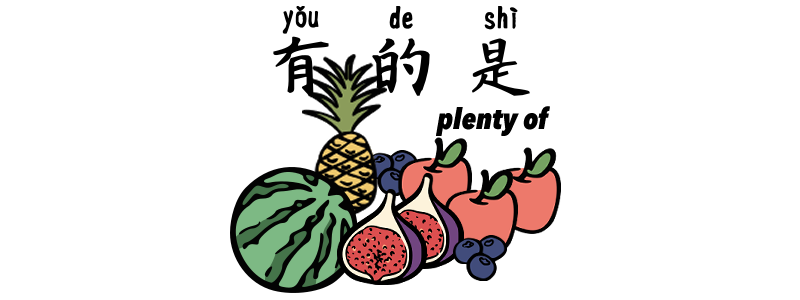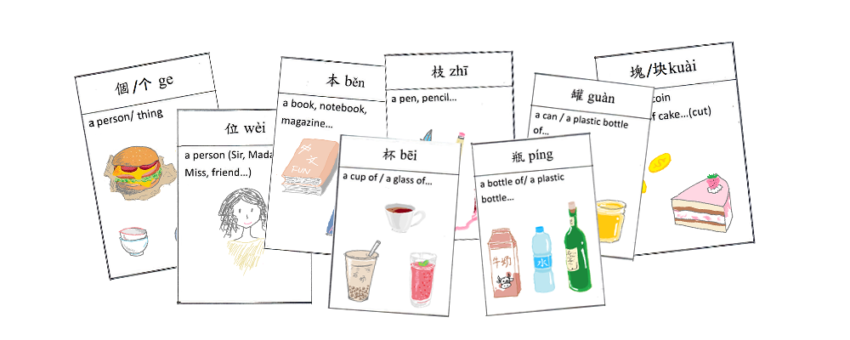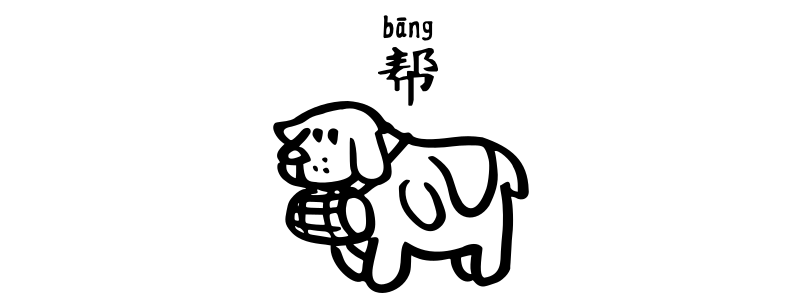Grammar Point:In Chinese, the movement marker 到 dào is used to indicate the completion or arrival of an action or movement to a particular destination. Structure S + 到 dào + Place + (Do what) It’s often used with verbs of motion, such as 來来 lái (to come), 去 qù (to go), or other action…
Author: tiffany
Movement Marker 到 dào
Grammar Point:In Chinese, the movement marker 到 dào is used to indicate the completion or arrival of an action or movement to a particular destination. Structure S + 到 dào + Place + (Do what) It’s often used with verbs of motion, such as 來来 lái (to come), 去 qù (to go), or other action…
Expressing tones with hái
Grammar Point:In Mandarin Chinese, the word 還还 hái can be used to convey a surprised or sarcastic tone, and it can be employed in rhetorical questions as well. It adds emphasis or disbelief to a statement, often suggesting surprise or skepticism about something that has been said or done. Structure S + hái + Noun…
Almost in Chinese – jīhū
Grammar Point:The Chinese word 幾几乎 jīhū means “almost” or “nearly” in English. It is used to describe that something is close to completion, close to a certain state, or almost reaching a specific condition or outcome. Structure S + jīhū + V + O or Complement 幾几乎 jīhū is often used in conjunction with words…
Menus in Chinese
Hello, I’m Tiffany from OneDotDot Chinese. Today, let’s explore some Chinese vocabulary related to menus. 😋 When dining at a restaurant in China, how can you tell the main dishes from the side dishes? And if you want to order à la carte or opt for a set menu, how would you express that? Menu…
Chinese Complement Marker 得 de
Grammar Point:The Chinese verb modifier 得 de comes between the verb and the complement, describing the result or state of the action represented by the verb. Structure V + 得 de + Adj. In Mandarin Chinese, the results always come after the actions. 你nǐ走zǒu得de很hěn快kuài你nǐ走zǒu得de很hěn快kuàiYou’re walking fast. 他tā睡shuì得de非常fēicháng好hǎo他tā睡shuì得de非常fēicháng好hǎoHe slept very well. 媽媽māma說shuō得de不bù清楚qīngchǔ妈妈māma说shuō得de不bù清楚qīngchuMom didn’t speak clearly. 你nǐ做zuò得de很hěn好hǎo你nǐ做zuò得de很hěn好hǎoYou…
Plenty of – 有的是 yǒudeshì
Gremmar Point:The phrase 有的是 yǒudeshì in Chinese grammar is used to convey the idea of “plenty of” or “an abundance of.” It’s used to express that there is an ample amount of something, indicating an abundance or a large quantity without scarcity. Structure S + 有的是 yǒudeshì + N S + N + 有的是 yǒudeshì…
視聽華語 Book 1 Lesson 7 – 8
Lesson 7 A:文生,你在念什麼呢? B:我在念法文。 A:你的法文,念得真好聽。 B:謝謝,可是我學得很慢。 A:學法文有意思嗎? B:很有意思,可是我覺得有一點難。 A:我也想學一點法國話,你可以教我嗎? B:現在我的法國話還說得不好,不能教你。 A:你會不會唱法國歌? B:我只會唱“Frere Jacques, Frere Jacques…“ A:你唱得真好聽。 A:小張,我想請你吃飯。 B:好啊。 A:你喜歡吃中國菜還是法國菜? B:兩個我都喜歡。 A:你也喜歡喝酒嗎? B:喜歡,可是我只能喝一點。 A:好,我請你吃中國菜,喝法國酒。 B:那太好了!謝謝!謝謝! Lesson 8 A:這是你們新買的電視機嗎? B:是啊。 A:你常看電視嗎? B:常看,我最愛看王英英唱歌。 A:對啊,她唱的歌都很好聽。 B:她跳舞也跳得不錯。 A:她穿的衣服,我也喜歡。 B:聽說她還會唱不少外國歌,她的英文、法文也都說得很好。 A:我想她一定有很多外國朋友。 A:你在學中國畫嗎? B:是啊,你看,這張就是我畫的。 A:你畫的真好看。 B:謝謝。 A:教你中國畫的老師姓什麼? B:他姓錢。他是很有名的畫家。 A:噢,我知道他,他也教書法嗎? B:對,他也教我書法。 A:你為什麼要學書法? B:因為我覺得書法很美,所以我想學學。
Measure Words – 杯 bēi, 块 kuài, 种 zhǒng and 支 zhī
What is Measure Word A group of birds, a herd of cows. Similar to English, Chinese also uses measure words. However, Chinese uses them much more frequently than English. In English, you can say “There is a flock of birds” or “There are five birds.” In Chinese, we always need to use the specific measure…
Preposition “help” – bāng
In Chinese grammar, the word 幫帮 bāng typically functions as a verb meaning “to help” or “to assist.” It is used to indicate the action of aiding someone or providing assistance in a particular situation. Structure (S) + bāng + people + V + (O) 他tā幫bāng我wǒ寫xiě作業zuòyè他tā帮bāng我wǒ写xiě作业zuòyèHe helps me with my homework. 你nǐ能néng幫bāng我wǒ嗎ma? 你nǐ能néng帮bāng我wǒ吗ma? Can you…
